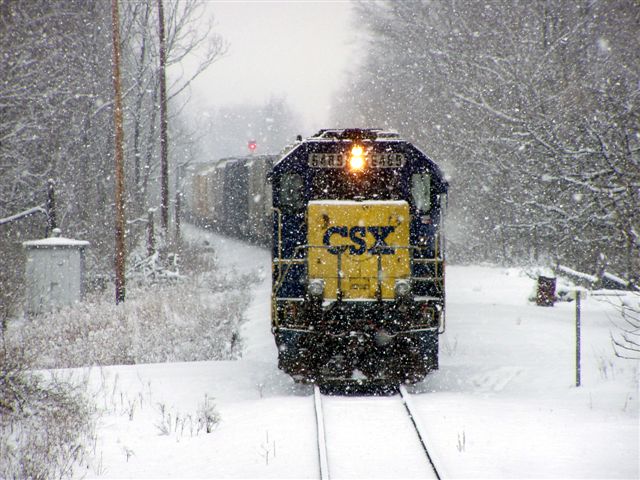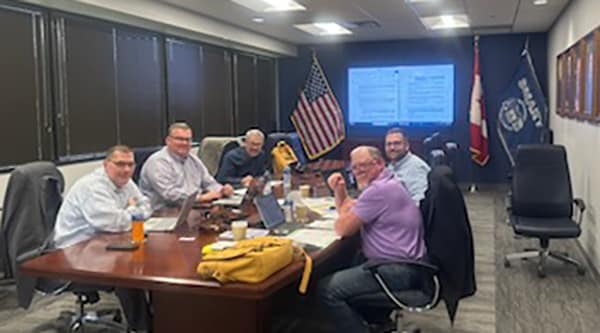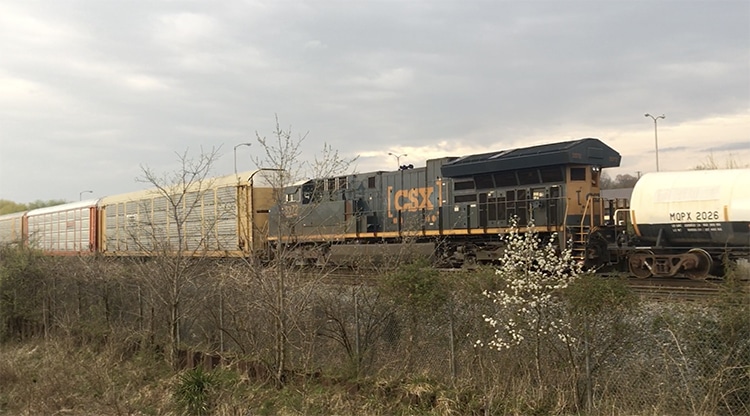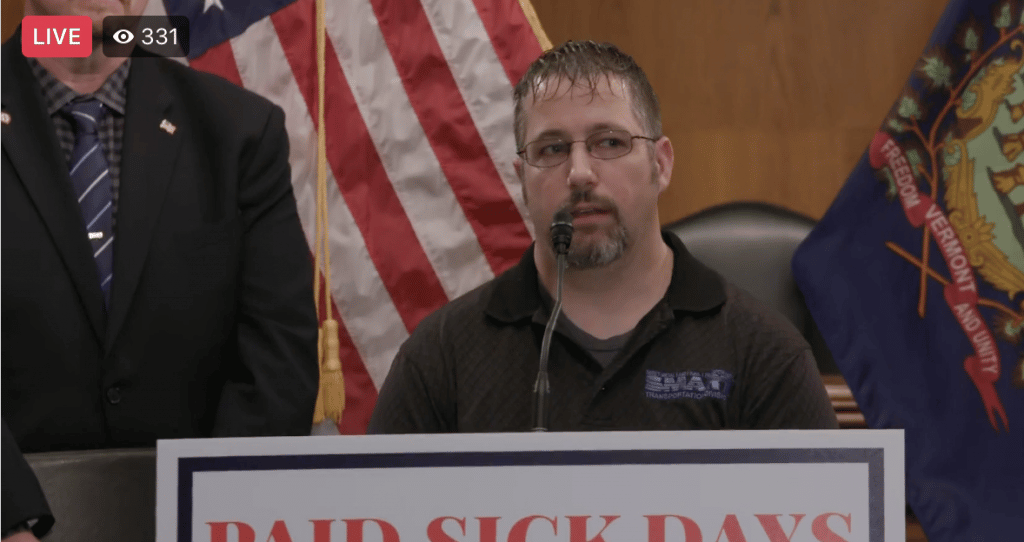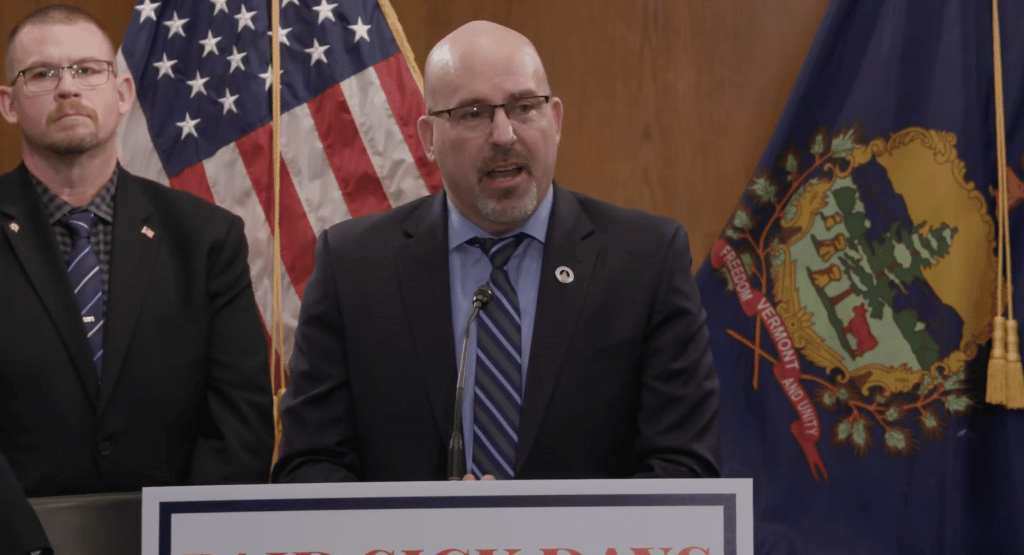Business executives, especially those who reach the top rung becoming president and CEO of Fortune 500 corporate railroads, do not get told what to do all that often.
That is exactly what happened today when the Secretary of the Department of Transportation, Pete Buttigieg and Acting Secretary of the Department of Labor Julie Su dropped a couple of letters on the desks of CN CEO Tracy Robinson and CPKC CEO Keith Creel!
Most railroaders are familiar with that unique pit in your stomach you get when you see that you have registered mail you need to sign for. At the CN and CPKC railroads, the top execs got to experience that special feeling today. The Biden-Harris administration called them out for not giving rail workers the paid sick days they were told to!
The letters, which you can read below, pointed out that Buttigieg, Su, and, by extension, the president, are angry that our men and women have not been given the dignity of having the same paid sick leave protections as 80% of the workers in our country.
Su and Buttigieg discussed the fact that the other four U.S.-based Class I railroads have all begun working with rail labor to provide this sick time. Some of them have paid sick leave in place for every organized craft in their companies. They also looked to cut off the line of excuses they anticipated hearing from the railroads.
“As illness is not bound by any season, including national bargaining cycles, we encourage you to engage in these discussions today. This does not have to wait for national negotiations; your railroad should come to terms immediately with your labor unions.”
The secretaries pointed out that the lack of sick days was not only inconsistent with the rest of our industry and working population but also is not in the best interest of rail safety overall, saying, “ In an industry where workers’ constant attention is required to keep themselves and others safe, not providing workers sick days presents unnecessary risk that your company can fix.”
If the letter hadn’t already succeeded in getting the rail executives’ attention, it probably accomplished that goal by ending with, “As our administration has noted, we are not satisfied with the current trajectory of railroad safety in America and see no reason for the delay in making the rail industry safer.”
The final shot over the bow that let Creel and Robinson know that Buttigieg and Su meant business is that under their signature line, the hits kept coming. That is where SMART-TD President Jeremy Ferguson, along with the presidents of other rail labor organizations were cc’d. So not only did they know they were in the crosshairs of the U.S. president, but that his administration let the biggest rail union in the country and our brothers and sisters across rail labor in on their communication.
On behalf of our CN and CPKC members, SMART-TD would like to thank Secretary Buttigieg and Acting Secretary Su for their continued support and that of President Biden.
We can’t agree any more with the contents of your letter and appreciate your willingness to press for fair treatment of rail professionals and our safety.
